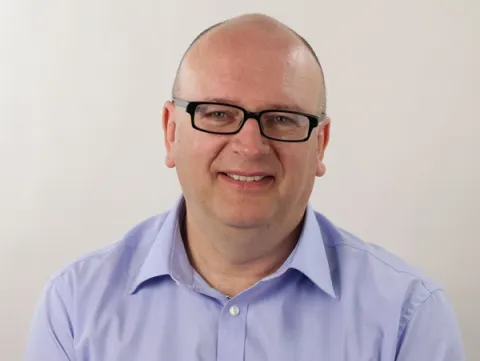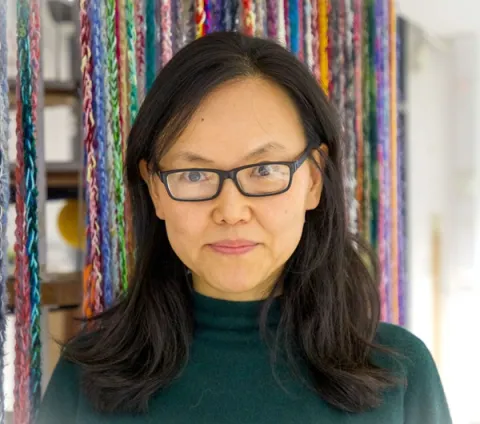About the project
This project develops wearable sensors for continuous respiratory rate monitoring. Using thermoelectric materials, e-textile techniques, and micro/nanofabrication, researchers will create flexible, self-powered sensors integrated into wearable devices for respiratory rate monitoring. Work includes material optimisation, sensor design, circuit integration, and breathing rate testing.
This project will develop cutting-edge wearable sensors for continuous respiratory rate monitoring. Using advanced thermoelectric materials, materials that generate a voltage from a temperature difference, and electronic textiles (e-textiles), this research will create lightweight, flexible, and self-powered sensors embedded in fabrics like face masks. These sensors will enable early detection of respiratory conditions such as sepsis, asthma, and chronic obstructive pulmonary disease (COPD), improving patient outcomes and reducing the burden on healthcare systems.
You will gain expertise in microfabrication, material science, circuit design, and e-textile manufacturing. You will work within the University of Southampton’s state-of-the-art facilities, including the £150m cleanroom complex, the Printed Electronic Materials (PEM) facility, and the E-textile Innovation Lab at the Winchester School of Art. The project is highly interdisciplinary, involving experts in electronics, low-power systems, textiles, and medical science, with clinical collaboration ensuring real-world relevance. You will have access to cutting-edge capnography technology for medical validation to enhance sensor data analysis, potentially enabling early disease prediction. With a £50,000 facility access budget, you will be equipped with the best tools to develop high-impact solutions.
This research aligns with UK healthcare priorities, addressing the urgent need for improved respiratory monitoring. It also contributes to the growing e-textile industry, valued at $30 billion by 2026. Your work could revolutionise medical wearables, benefiting both healthcare and industries such as aerospace, energy, and computing.
You will be supported by an interdisciplinary and diverse academic team, as well as a clinical advisor.


